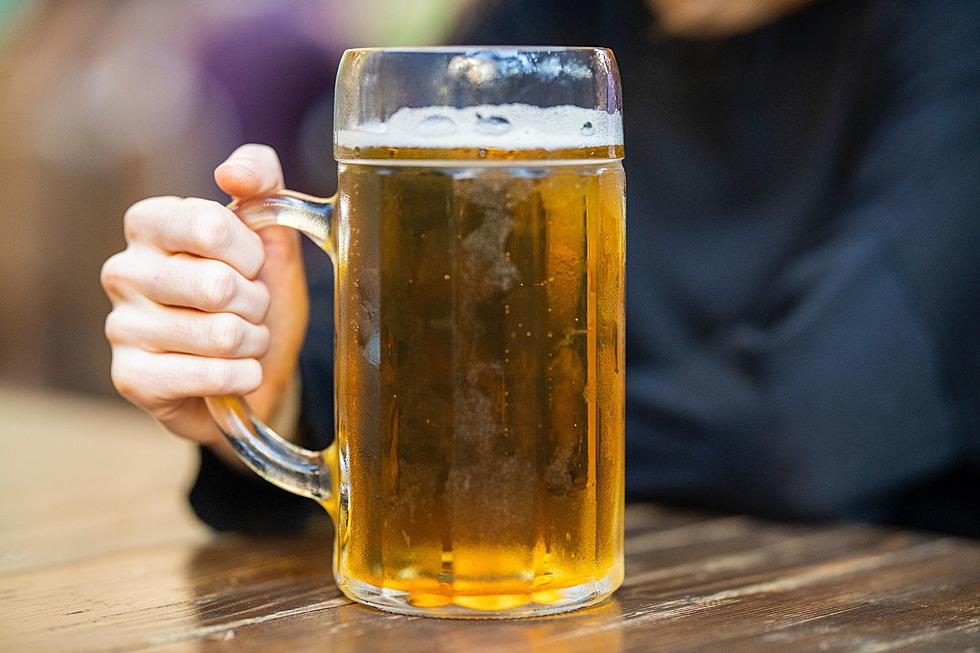
Texas Agency Overrides Judge Due to Outdated Alcohol Rules
AUSTIN, Texas (AP) — The agency regulating Texas' alcohol industry reversed a judge's advisory decision that it said could have shuttered most of the state's booze business.
The Texas Alcoholic Beverage Commission cast aside the ruling this month, saying lawmakers didn't intend large-scale disruption of the industry, the Austin American-Statesman reported.
Administrative Law Judge Robert Jones Jr. issued the legal opinion last fall while acknowledging the decision could shut down the state's alcoholic beverage industry. But he said the opinion follows Texas law, which hasn't been updated since the end of the Prohibition era.
The ruling would have meant that companies like Anheuser-Busch and Molson Coors Brewing couldn't legally operate in the state. It's the latest indication of Texas' outdated alcoholic beverage rules.
Texas has what the law calls three-tier regulation, which requires companies that make, distribute or retain alcohol to remain independent of each other. An individual with an interest in one tier can't also hold an interest in another, according to state law.
The current dispute began six years ago when McLane Company, a $48 billion supply chain business based in Temple, applied for a license to distribute alcohol. At the time, another large distributor, California-based Core-Mark, applied for a license renewal.
The state's alcoholic beverage commission approved Core-Mark's application but rejected McLane Company's. The reasoning was that Nebraska billionaire Warren Buffett's company, Berkshire Hathaway, owned McLane Company as well as a 2 percent interest in Walmart, a retailer that sells alcohol in Texas.
Berkshire's stake in both companies appeared to violate the cross-tier rules.
McLane then pushed back against Core-Mark's application, noting that the publicly traded company was owned by large investors who had stakes in companies with permits to sell or manufacture alcohol in Texas, including Nordstrom's, Bed, Bath and Beyond, and Molson Coors Brewing Co.
The issue shows how drawing boundaries has become increasingly difficult as corporate structures grow more sophisticated.
The judge's advisory decision would have resulted in "no legal alcoholic beverage industry in Texas," said Matthew Chaplin, the commission's deputy executive director.
The commission said it would allow hands-off ownership of different-tier companies by institutional investors, including mutual funds, in the future.
More From Newstalk 1290









